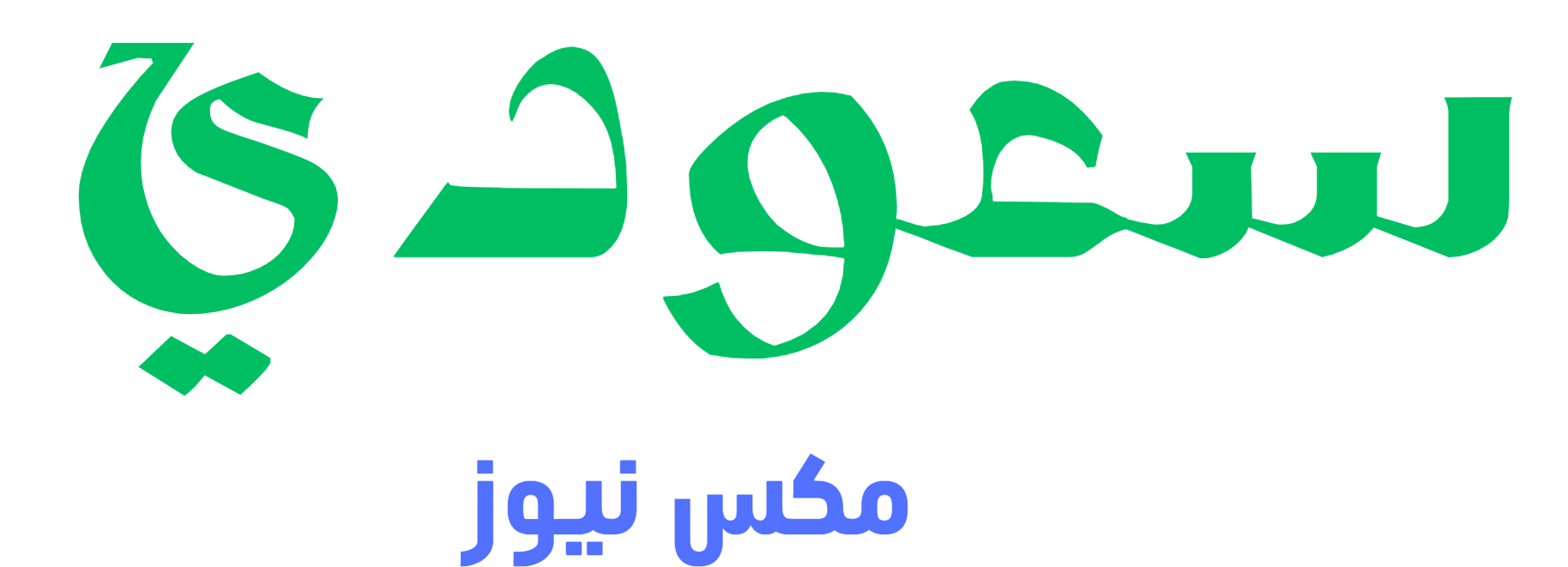Revealed: How British Military Equipment Has Ended Up in the Hands of Sudan’s Rapid Support Forces
By Alex Rivers, The Guardian’s Africa correspondent
London, 15 October 2023 – As Sudan descends deeper into chaos, with clashes between the Sudanese Armed Forces (SAF) and the paramilitary Rapid Support Forces (RSF) leaving thousands dead and millions displaced, a troubling revelation has emerged: British-made military equipment is reportedly being used by the RSF. This development raises serious questions about arms proliferation, international embargoes, and the UK’s role in global conflicts.
The RSF, a powerful militia group with roots in the Janjaweed militias that were implicated in the Darfur genocide two decades ago, has been accused of widespread human rights abuses during the current fighting. According to eyewitness accounts, UN reports, and analysts, the group possesses an array of British-manufactured hardware, including armoured vehicles and small arms. This equipment, originally designed for legitimate defence purposes, is now allegedly fuelling one of Africa’s deadliest civil wars.
The RSF’s Arsenal: A British Connection?
The Rapid Support Forces, commanded by General Mohamed Hamdan Dagalo (known as Hemedti), have rapidly expanded their capabilities since their formation in 2013 as an offshoot of Sudan’s security apparatus. While the RSF’s primary backers have been within Sudan – including former president Omar al-Bashir – international investigations suggest that their arsenal includes items traceable to British suppliers.
Experts point to several pieces of equipment that may have British origins:
-
Armoured Vehicles: Reports from conflict zones indicate the RSF’s use of vehicles similar to the Land Rover Defender, a British icon often adapted for military use. These rugged, all-terrain vehicles have been exported globally, including to African nations, and are prized for their durability in desert environments like Sudan’s. A 2022 UN panel of experts on Sudan noted that such vehicles, potentially sourced through secondary markets, have been spotted in RSF convoys.
-
Small Arms and Ammunition: The RSF is believed to possess British-made rifles and machine guns, such as variants of the L85 assault rifle or older Enfield designs. While these weapons are not as prevalent as Russian or Chinese arms in the region, smuggling networks could have diverted them from legitimate sales or surplus stocks.
-
Communication and Surveillance Gear: Less visible but equally critical, British technology in encrypted radios or drones might be enhancing the RSF’s operational effectiveness. Companies like BAE Systems, a major UK defence contractor, have faced scrutiny in the past for exports that ended up in conflict zones.
How did this equipment reach the RSF? The answer lies in a murky web of global arms trade loopholes. Sudan has been under a UN arms embargo on Darfur since 2005, but enforcement has been inconsistent. Arms could have been acquired through:
- Black Market Channels: Middle Eastern brokers or African intermediaries might have rerouted British exports intended for other countries.
- Diverted Aid or Alliances: Some analysts speculate that equipment originally sold to allied governments or for counter-terrorism purposes was resold or transferred to the RSF.
- Legacy Stocks: Older British military hardware, phased out by the UK armed forces, could have been sold off without adequate tracking.
A spokesperson for the UK Foreign Office told The Guardian: “The UK is committed to upholding international arms control agreements and has strict export licensing regimes in place. We are investigating any allegations that British equipment has been misused in Sudan and will take appropriate action if violations are confirmed.”
The Human Cost of Proliferation
The presence of British-made gear in the RSF’s arsenal is more than a diplomatic embarrassment; it’s a humanitarian catastrophe. Since fighting erupted in April 2023, the RSF has been accused of war crimes, including indiscriminate shelling of civilian areas in Khartoum and ethnic violence in Darfur. Human Rights Watch and Amnesty International have documented instances where armoured vehicles – potentially of British origin – were used in raids that displaced entire communities.
“This is a stark reminder of how weapons from democratic nations can end up perpetuating atrocities,” said Dr. Sarah Malik, a Sudan expert at the International Crisis Group. “The RSF’s access to advanced equipment has given them a significant edge in the conflict, allowing them to outmanoeuvre government forces and terrorise civilians.”
The UK’s export policies have come under fire before. In 2019, a Guardian investigation revealed that British arms were being sold to Saudi Arabia and used in Yemen’s civil war. Similarly, campaign groups like Campaign Against Arms Trade (CAAT) are calling for a full audit of UK exports to the region, arguing that lax oversight enables such diversions.
International Implications and Calls for Action
The Sudan conflict has drawn comparisons to other proxy wars, with external powers like Russia, the UAE, and Egypt allegedly backing different sides. For the UK, the discovery of its equipment in RSF hands complicates its foreign policy, especially as it seeks to strengthen ties with African nations amid global instability.
UN Secretary-General António Guterres has urged an immediate ceasefire and a comprehensive arms embargo on all parties in Sudan. Meanwhile, British MPs from both sides of the aisle are demanding transparency. Shadow Foreign Secretary David Lammy stated: “If British arms are fuelling violence in Sudan, the government must act swiftly to prevent further exports and hold accountable those responsible.”
As the death toll in Sudan surpasses 10,000 and humanitarian aid struggles to reach those in need, the international community faces a moral imperative. The UK, as a permanent member of the UN Security Council, has a unique responsibility to lead on this issue. Without decisive action, the shadows of Darfur’s past atrocities may extend further into the future.
This investigation is based on interviews with regional experts, analysis of UN reports, and open-source intelligence. The Guardian has reached out to the RSF for comment but has not received a response at the time of publication.

تعليقات